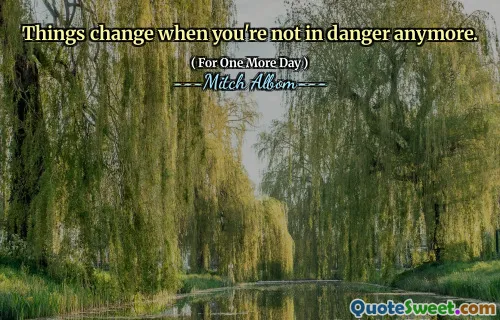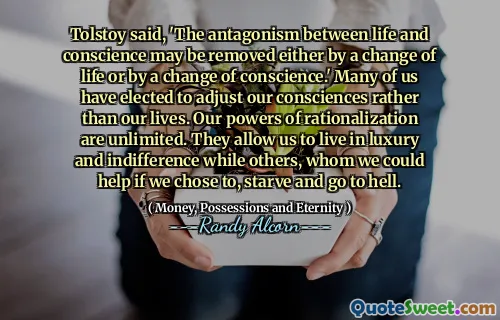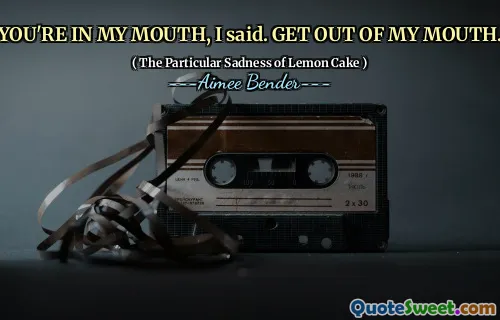
There is not a single ill-doer who could not be turned to some good.
This quote by Jean-Jacques Rousseau underscores a profound optimism about human nature and the transformative potential within every individual. It challenges us to look beyond superficial judgments of those who may have committed wrongdoings and instead consider the possibilities for redemption and positive change. In a world often quick to label and dismiss wrongdoers, Rousseau's words remind us that rehabilitation and understanding are always viable options. It advocates for empathy, patience, and a belief in humanity's capacity for growth. The idea implies that faults and errors are not inherently terminal; they are hurdles that can be overcome with effort, education, and compassion. This perspective resonates particularly in contexts such as criminal justice, education, and social reform, where the focus is shifting towards restorative approaches rather than punishment alone. It also encourages introspection, prompting us to reflect on our own imperfections and the potential for improvement. We are all capable of making mistakes, but this quote suggests that our true character is revealed not by the errors we commit but by how we respond and rectify them. Ultimately, believing that every ill-doer can be turned to good fosters hope, resilience, and a more humane society grounded in dignity and the possibility of change for everyone.











